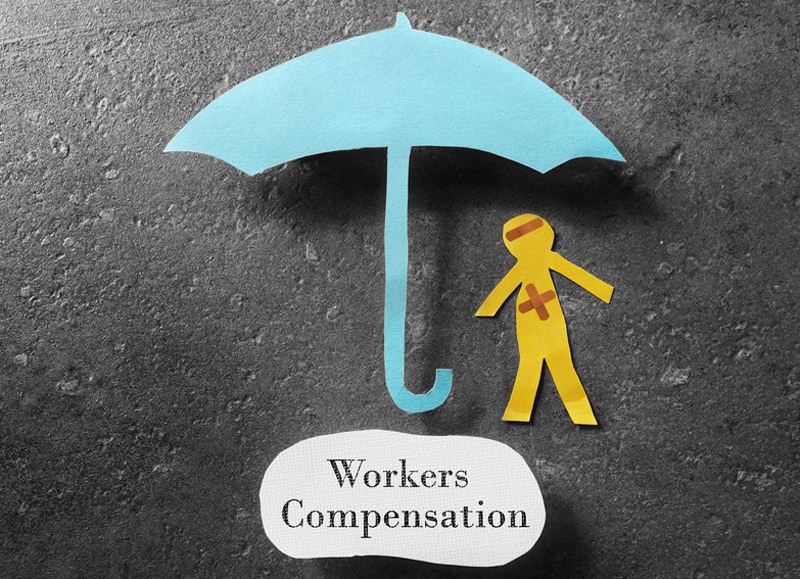Workers’ compensation programs are state-based social insurance programs that ensure medical and income support to workers injured on the job and those who acquire job-related illnesses. Medical review services are a significant consideration when it comes to reviewing the medical records of these injured workers. It is estimated that more than 129 million U.S. workers are covered by the program with each state regulating its own program. There are no federal minimum standards that guide these programs, though such standards exist for other state-based insurance programs. The workers’ compensation program is expected to witness many changes over the next few years, changes driven by many factors.
According to Dr. Richard Victor, founder of the Workers Compensation Research Institute (WCRI) in Cambridge, MA, forces outside of the workers’ compensation system will be acting on the system to significantly increase costs without improving benefits for injured workers, which may cause the system to get out of balance. He mentioned this during an episode of Workers Comp Matters, to his host Alan Pierce. An aging labor force, labor shortages, immigration restrictions and the evolution of group health insurance and individual insurance under the Affordable Care Act are all factors that contribute to increased costs. Significant changes in claims frequency, increased claims and increased cost of claims could have such an impact on the system that a completely new approach of dealing with workplace injuries and illnesses may become necessary.
Rich Ives, Travelers vice president of workers’ compensation claims, believes that factors such as older workers continuing to stay on the job longer and more Latinos employed in the workplace could present employers with challenges to safety and retention. Older workers, i.e. those ages 65 and above are staying on the job longer, and this group is expected to grow the fastest compared to any other age group through 2024, while the younger worker group (25 – 54) is expected to grow at a much slower rate (U.S. Bureau of Labor Statistics). With an aging workforce, the risk of injury is higher and the frequency of injury is also higher. Moreover, as Ives points out, the average American worker is not as healthy as they once were and around 50% of every workplace claim at present comes with an instance where the injured worker had a chronic condition even before that injury. This would add to the medical costs.
A major factor that contributes to increasing claims and costs is labor shortage. When there is sustained labor shortage, employers are likely to relax their hiring standards. They may hire workers who are not that capable or have a weaker attachment to the workforce. Such workers are more injury-prone and claim-prone. Injury frequency as well as the duration of disability will increase, and when the worker doesn’t return to the job the costs increase.
If Obamacare is repealed, Rick Victor says that around 22 million people would lose their health insurance. This in turn would make more workers turn to workers’ compensation for healthcare as a program that provides free care, no deductibles, and no co-payments.
Worker shortage is a serious concern especially with the government tightening immigration laws. According to Rick Victor, if you don’t have enough workers to get the work done, you can’t produce or grow fast.
As a medical review company providing service to the workers’ compensation industry, we understand that if the above mentioned trends continue, major concerns are likely to arise. The workers’ compensation system has survived over the last hundred years largely because of its capability to adapt to change. That flexibility should continue and efforts must be taken by all stakeholders to ensure that the system adopts the necessary measures that will keep it alive and well in the years to come.




